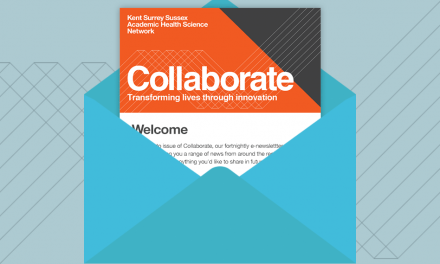Kent Surrey Sussex Academic Health Science Network (KSS AHSN) has launched the FREED Inequalities Toolkit in partnership with Unity Insights. The toolkit is a new resource to help healthcare professionals working in eating disorders to measure and understand inequalities in eating disorders through the First Episode Rapid Early Intervention for Eating Disorder (FREED) programme.
The FREED national programme provides rapid access to evidence-based treatment and tailored support for 16 to 25 year olds who have had an eating disorder for three years or less. Academic Health Science Networks (AHSNs), including KSS AHSN, are supporting eating disorder services across England to speed up diagnosis and treatment of eating disorders in young people through early intervention through FREED.
Understanding health inequalities
Health inequalities are said to exist when individuals with a social disadvantage have less access to effective treatment and relevant support, leading them to experience poor treatment and quality of care. The FREED Inequalities Toolkit aims to help mental health teams to better understand the demographics and subsequent needs of young people living with an eating disorder in their area. Identifying areas where health inequalities are more prominent can lead to improvements in the quality of care received and in the service delivery.
Using the toolkit
The toolkit will help professionals delivering the FREED programme to better understand:
- How to effectively measure inequalities and the steps to sustain and embed a ‘health inequalities focus’ to support better care
- How to measure inequalities (including demographic and process and outcome metrics)
- Who are the key stakeholders to engage with to help ensure the measurement of relevant data
Next steps
The toolkit has been trialled within eating disorder teams in Sussex and is now being rolled out in Kent and Surrey. In 2023, the toolkit will be distributed to all eating disorder services who are delivering the FREED programme. To date, 52 mental health trusts have adopted or are in the process of adopting the FREED model, and 2,726 patients have benefited from FREED since its inception in 2014.
Please visit the KSS AHSN eating disorders webpage for more information on the FREED programme.




